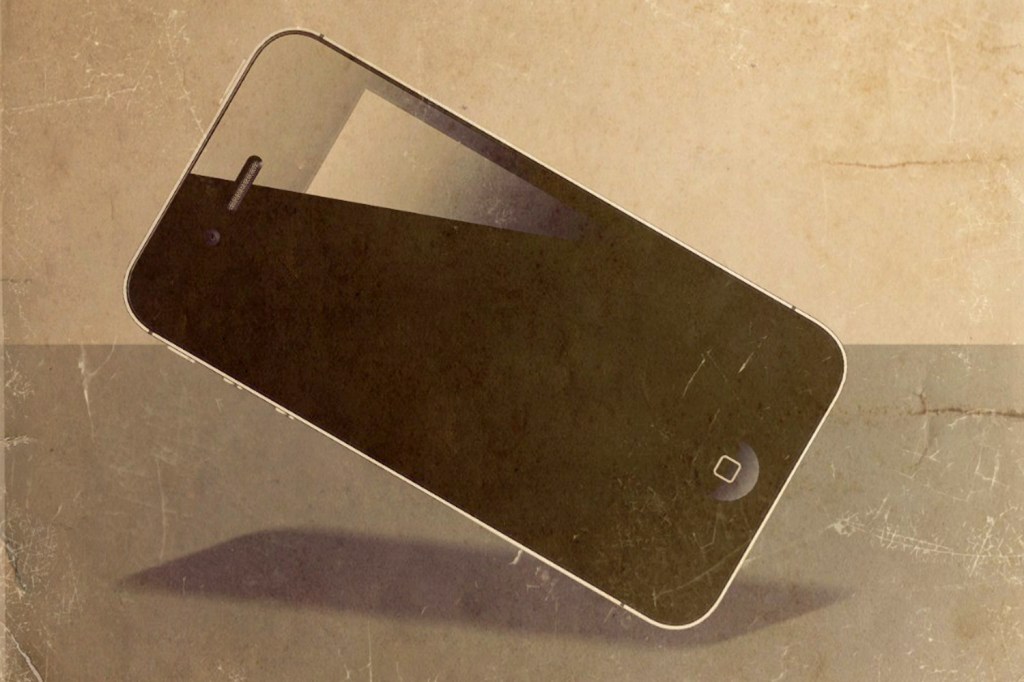[ad_1]
Apple is about to Edit > Select All and dump a bunch of iCloud backups in the trash. But don’t worry, because it won’t be deleting yours. Probably. Starting from 18 December, Apple has decreed that all device backups will require iOS 9 or later. Anything earlier will be put through the virtual shredder of doom and be gone forever. Eek! At which point, I imagine quite a few readers will be scrambling to see when iOS 9 came out. Don’t worry: it was ages ago. Unless you’re still running really old Apple kit. In which case: maybe worry.
So: how old? We’re talking decade-plus-old hardware that the owner has stubbornly decided to not upgrade past iOS 8. Apple notes that even the iPhone 4s, iPad 2 and iPod touch 5th-gen can all be upgraded to iOS 9, whereupon iCloud backups will continue chugging along. Anything older will be removed. Because, hey, Apple loves money and setting fire to mothballed backups frees up server space over at Apple Server Farm HQ. Although I can’t imagine affected users will be celebrating along with Apple’s shareholders. Assuming there are many affected users. Which… there probably aren’t.
Back in time

So if hardly anyone will be impacted by Apple’s decision, why am I writing this column? What’s the point? Mostly because this was a stark reminder that the cloud is not forever. It’s ephemeral. When you store something in the cloud, sooner or later it will be gone.
In this case with Apple, it turns out that ‘sooner or later’ means over a decade, which isn’t too shabby. But that won’t be any consolation to someone who remembers a terribly vital document solely exists on an old device backup, coaxes said device back to life, does a fist-pump YASSSSS gesture, and then realises with a stomach-churning thud that the backup is gone.
Unlikely? Sure. More likely: cloud stuff in general vanishing without you realising. That really is a concern, yet one few people consider. Many people talk of how their work and personal documents are ‘backed up’ to the cloud. What this means is those things are stored there. That’s great for convenience: sign in and access all the things. But unless you make periodic local saves of such items, you might one day visit to find that particular cloud has evaporated – or has a massive padlock in front of it.
Back it up

Sounds like an exaggeration? Not really. I’m sure you’ve had brushes with cloud issues. I certainly have. One of the most frustrating was when I had a habit of bunging important thoughts into an increasingly massive document in Apple Notes. One day, it vanished. I recovered it by turning on a laptop I’d not fired up in a week and turning off Wi-Fi before iCloud could sync. Although, you know: iCloud sync. I probably had a good few minutes. I could have made a coffee first.) Anyway, I recovered my note – minus anything I’d written during the previous seven days.
That pales in comparison to some cloud horror stories. A notable one this year involved a romance writer who was locked out of Google Docs and lost everything. But you regularly hear about people who fall foul of major tech companies for one reason or another and discover that their entire digital existence is suddenly inaccessible.
I’ve written about backups before, but increasingly think we should be more mindful of the future we’re making for ourselves when we’re so heavily reliant on information that can be taken from us at any moment. And then actually do something about that.
[ad_2]
Source link

